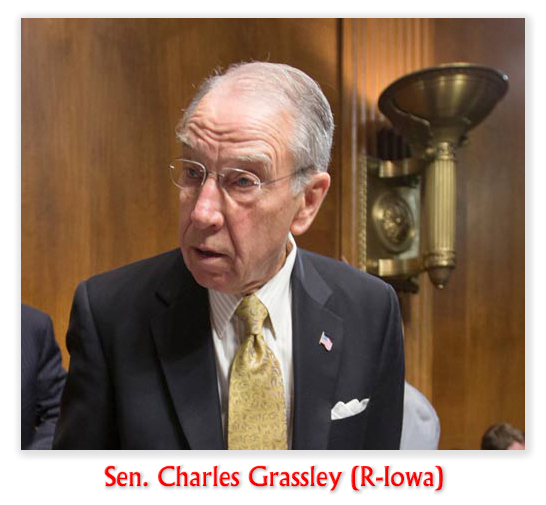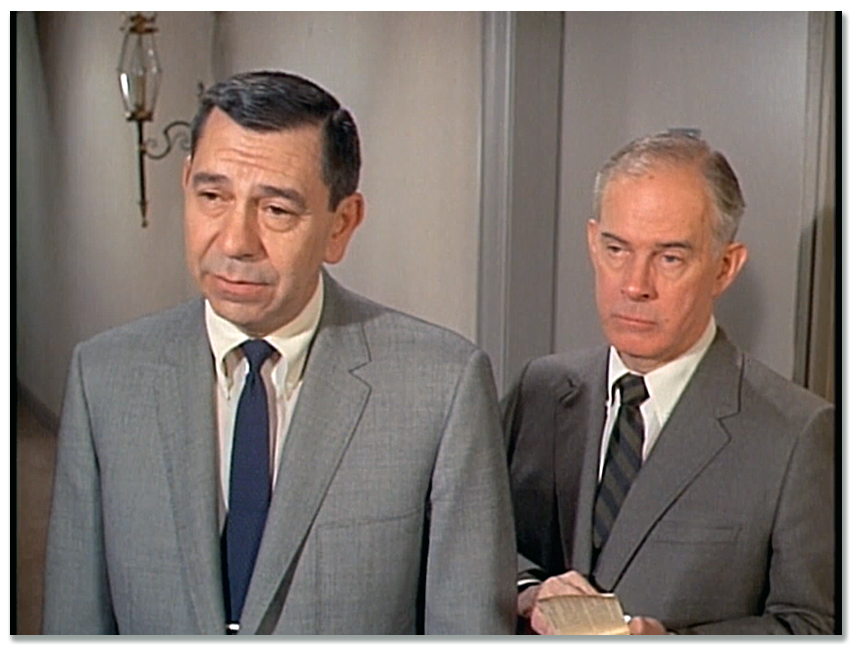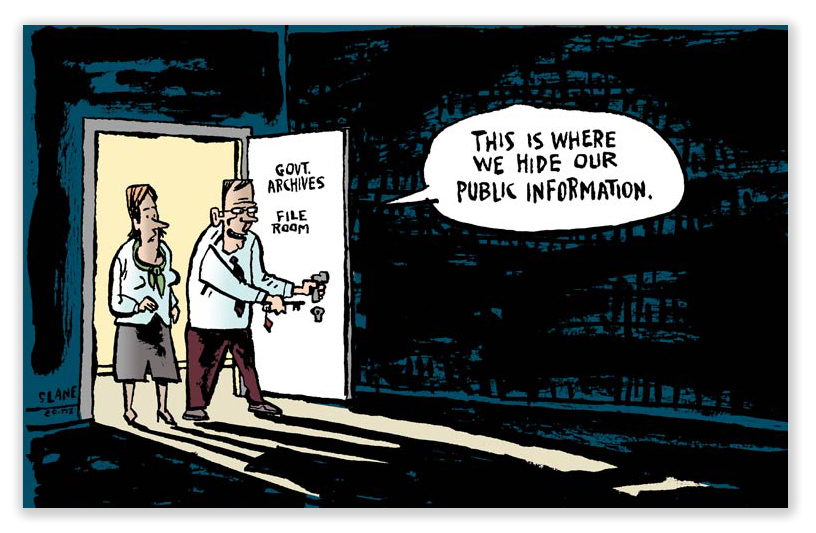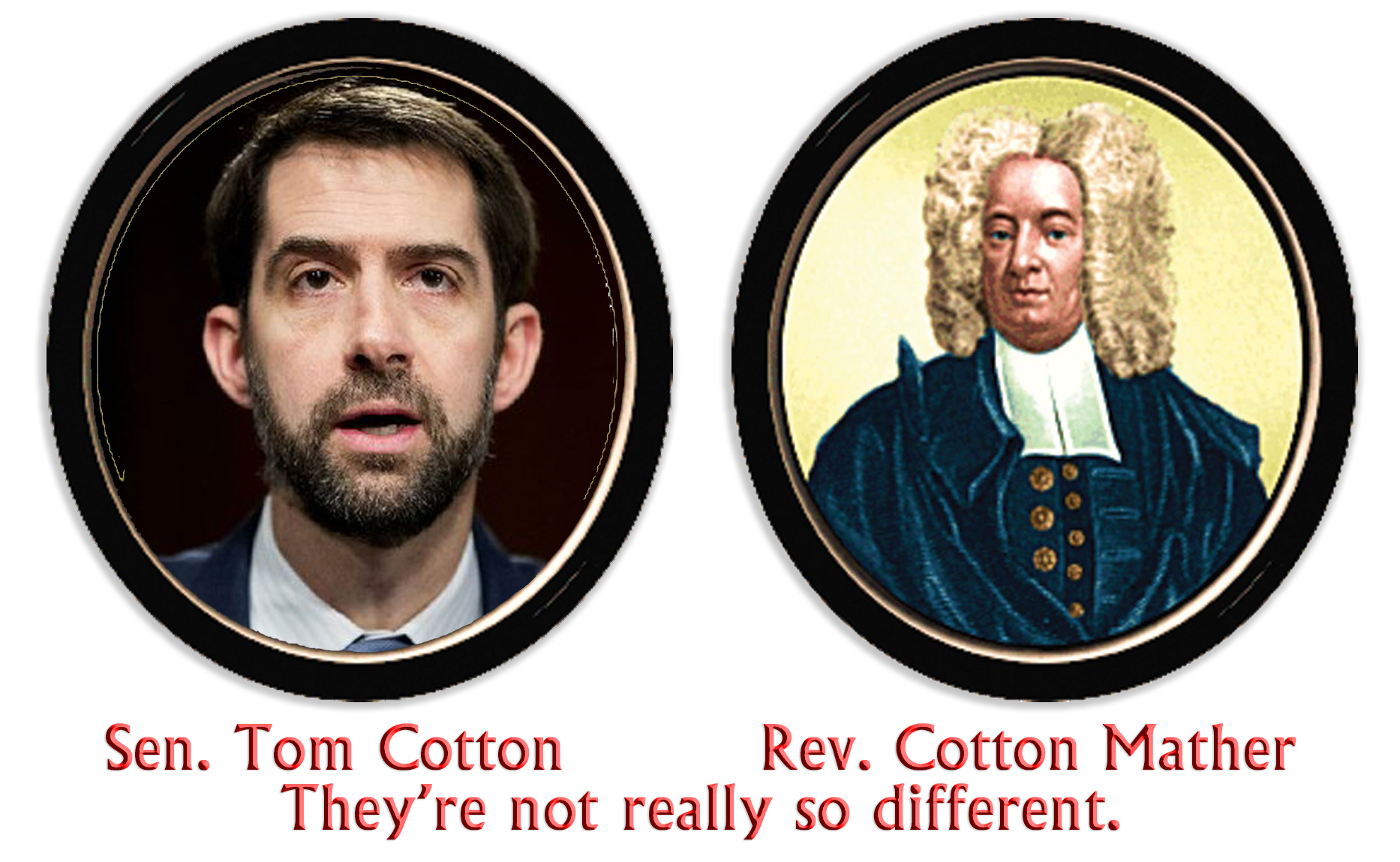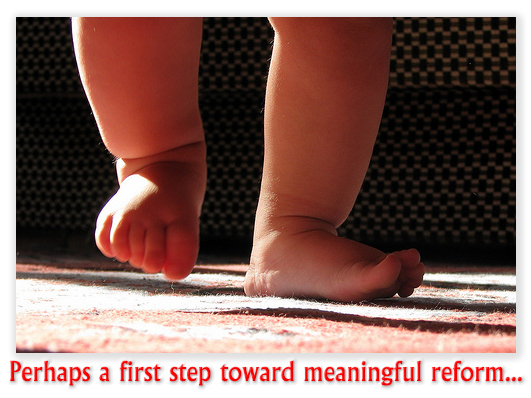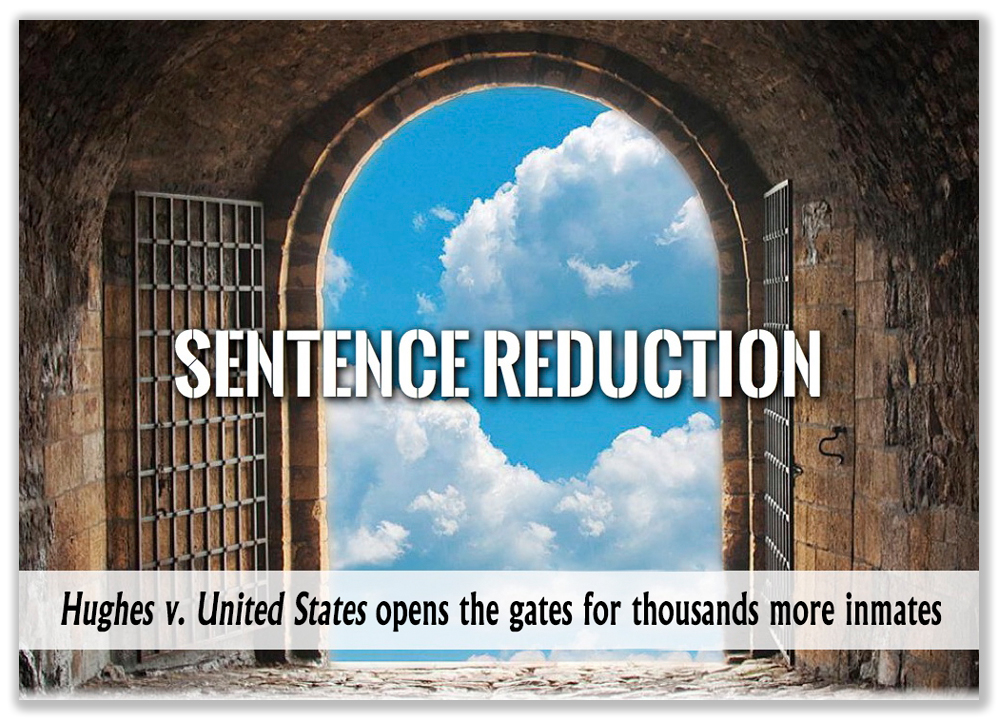We post news and comment on federal criminal justice issues, focused primarily on trial and post-conviction matters, legislative initiatives, and sentencing issues.

WHITE HOUSE, SENATE CUTTING A DEAL ON AMENDING FIRST STEP
The FIRST STEP Act, which has stalled in the Senate because of opposition from top Republicans who want more sentencing relief than the bill offers, got a jump start in the last week, and, according to White House sources, may be set for a vote in the Senate before the end of the month.
 Behind the scenes, the administration and legislators are hammering out an agreement that would add significant changes in the nation’s mandatory sentencing laws to the widely popular prison reform bill that passed the House earlier this year, the Washington Post said, crediting officials familiar with the discussions.
Behind the scenes, the administration and legislators are hammering out an agreement that would add significant changes in the nation’s mandatory sentencing laws to the widely popular prison reform bill that passed the House earlier this year, the Washington Post said, crediting officials familiar with the discussions.
President Trump met with a number of state governors during his golf course vacation at Bedminster, New Jersey, last week, holding a “roundtable” that was intended to signal the important to the President of getting a Senate vote on FIRST STEP.
During Thursday’s meeting, Trump said the administration was working to “refine” the House-backed measure in the Senate. “I have to say, we have tremendous political support. It surprises me. I thought that when we started this journey about a year ago, I thought we would not have a lot of political support,” Trump said, flanked by state officials and top aides. “People I would least suspect are behind it, 100 percent.”
 The deal being discussed would add four sentence reform measures from the Sentencing Reform and Corrections Act (legislation sponsored by Senate Judiciary Committee Chairman Charles Grassley (R-Iowa) and Sen. Richard J. Durbin (D-Illinois) and backed by a broad coalition of Senate Democrats and Republicans) to the House bill. Ohio State law professor Doug Berman said last week in his Sentencing Law and Policy blog that he believed the revised measure will breeze its way to passage in the Senate, with a vote of in favor of 80% or more.
The deal being discussed would add four sentence reform measures from the Sentencing Reform and Corrections Act (legislation sponsored by Senate Judiciary Committee Chairman Charles Grassley (R-Iowa) and Sen. Richard J. Durbin (D-Illinois) and backed by a broad coalition of Senate Democrats and Republicans) to the House bill. Ohio State law professor Doug Berman said last week in his Sentencing Law and Policy blog that he believed the revised measure will breeze its way to passage in the Senate, with a vote of in favor of 80% or more.
“We are trying to get a Senate vote in the next two weeks,” an administration said. White House officials hope that Trump’s meeting with governors will spark action in the Senate and prompt leaders to put legislation on the summer calendar. Senate Majority Leader Mitch McConnell has kept the Senate in session.
“There can’t be any doubt that by having this as the only major event on the president’s schedule that he is laser focused on this,” said a Trump aide. “We think that with this momentum and with the coalition behind it, that this can actually happen.”
 At the session with governors, Trump said, “Our first duty is to our citizens, including those who have taken the wrong path but are seeking redemption and a new beginning. That’s people that have been in prison, and they come out and they’re having a hard time… We’ve passed the FIRST STEP Act through the House, and we’re working very hard in the Senate to refine it and pass it into law. We think we’ll be successful in that regard. The bill expands vocational educational programs to eligible federal inmates so that more of them can learn a trade. And that’s what we’re doing. We’re teaching them trades. We’re teaching them different things that they can put into good use, and put into use to get jobs.”
At the session with governors, Trump said, “Our first duty is to our citizens, including those who have taken the wrong path but are seeking redemption and a new beginning. That’s people that have been in prison, and they come out and they’re having a hard time… We’ve passed the FIRST STEP Act through the House, and we’re working very hard in the Senate to refine it and pass it into law. We think we’ll be successful in that regard. The bill expands vocational educational programs to eligible federal inmates so that more of them can learn a trade. And that’s what we’re doing. We’re teaching them trades. We’re teaching them different things that they can put into good use, and put into use to get jobs.”
ABC News reported last Thursday that “the Senate is now expected to move forward with a modified version of the House bill that will reduce the current mandatory life sentence for certain drug offenses from a life sentence to 25 years, prohibit the doubling of mandatory sentences for certain gun and drug offenses, broaden judicial discretion, and make retroactive the 2010 Fair Sentencing Act that narrowed the discrepancy in sentencing guidelines for crack versus powdered cocaine.”
Jon Ponder, an associate minister at a Las Vegas church who has two priors for robbery, was one of the ministers who met with the President at the White House in late July. Ponder, founder of HOPE for Prisoners, a program that helps more former inmates adjust to life after prison by providing financial advice, personal mentoring and connections to employers, said he believes Trump supports inmate re-entry programs as much as he does.
 “I think that something would really have to be wrong with that man to sit down in that room and have the conversation with the (ministers) that he did, if he was not being sincere about this,” Ponder said. “I believe that he spoke from his heart. He shared in that room that he was very compassionate about this, and about the importance of people who are fighting for a second chance.”
“I think that something would really have to be wrong with that man to sit down in that room and have the conversation with the (ministers) that he did, if he was not being sincere about this,” Ponder said. “I believe that he spoke from his heart. He shared in that room that he was very compassionate about this, and about the importance of people who are fighting for a second chance.”
Washington Post, Trump huddles with governors, other officials on prison overhaul (Aug. 9, 2018)
McClatchy Newspapers, Trump, Congress try to breathe life into long-delayed criminal justice reform package (Aug. 8, 2018)
Washington Examiner, Jared Kushner helps Trump pave rare bipartisan path to big win (Aug. 9, 2018)
ABC News, Trump has privately expressed openness to broad criminal justice reform (Aug. 9, 2018)
– Thomas L. Root





